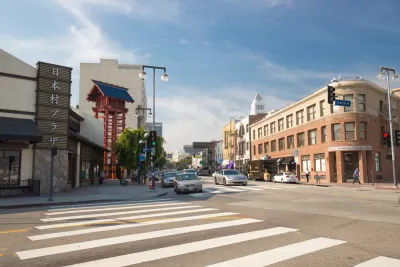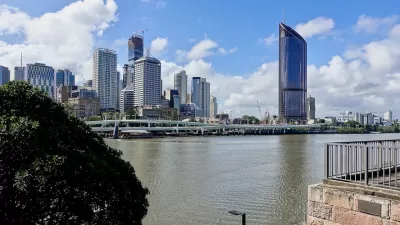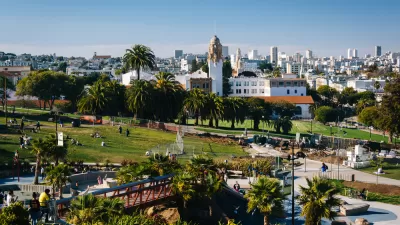In the wake of rapid gentrification, an organization in Los Angeles is leveraging the arts to celebrate a community's rich heritage and keep social equity a priority.

In an epic poem about “place and people and art in four parts,” traci kato-kiriyama, a multi-disciplinary artist and community organizer with deep roots in the Little Tokyo community, pays tribute to artists of Japanese descent who were imprisoned in American concentration camps during World War II. Their art was “created to survive the insanity of injustice, to thrive past the stench of forced silence,” writes kato-kiriyama, who is also a co-founder of Tuesday Night Project, which presents the longest running Asian-American open mic series in the country. Art was a lifeline not just for the individual artists, but for an entire community of people forcibly removed from their homes and neighborhoods and targeted for belonging to an ethnicity that was suddenly labeled as an “enemy.” Making art was a way to confront and resist the discrimination Japanese-Americans endured at the hands of their own government, a reassurance of humanity. “Art—the lightning between the synapses, the conversation between hearts, the amplification of our history, why any good argument begins with [an] anecdote—this is the necessity of art, to help us draw from a different well when the ones we’ve always used have run dry,” kato-kiriyama writes.
Her reflection on the role of art comes at a critical time for the neighborhood. Throughout its 130-year history, Little Tokyo has pushed back against discrimination, the impact of wartime internment, and economic devastation. Today, it is one of only three Japantowns left in the United States.
FULL STORY: Preserving the Character of Little Tokyo

Alabama: Trump Terminates Settlements for Black Communities Harmed By Raw Sewage
Trump deemed the landmark civil rights agreement “illegal DEI and environmental justice policy.”

Study: Maui’s Plan to Convert Vacation Rentals to Long-Term Housing Could Cause Nearly $1 Billion Economic Loss
The plan would reduce visitor accommodation by 25% resulting in 1,900 jobs lost.

Planetizen Federal Action Tracker
A weekly monitor of how Trump’s orders and actions are impacting planners and planning in America.

Wind Energy on the Rise Despite Federal Policy Reversal
The Trump administration is revoking federal support for renewable energy, but demand for new projects continues unabated.

Passengers Flock to Caltrain After Electrification
The new electric trains are running faster and more reliably, leading to strong ridership growth on the Bay Area rail system.

Texas Churches Rally Behind ‘Yes in God’s Back Yard’ Legislation
Religious leaders want the state to reduce zoning regulations to streamline leasing church-owned land to housing developers.
Urban Design for Planners 1: Software Tools
This six-course series explores essential urban design concepts using open source software and equips planners with the tools they need to participate fully in the urban design process.
Planning for Universal Design
Learn the tools for implementing Universal Design in planning regulations.
Caltrans
Smith Gee Studio
Institute for Housing and Urban Development Studies (IHS)
City of Grandview
Harvard GSD Executive Education
Toledo-Lucas County Plan Commissions
Salt Lake City
NYU Wagner Graduate School of Public Service




























